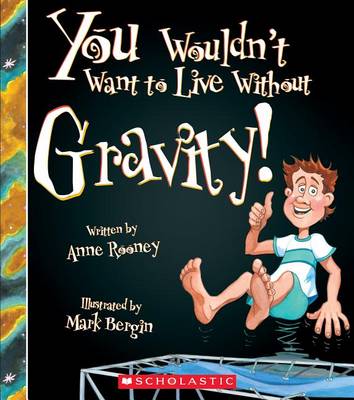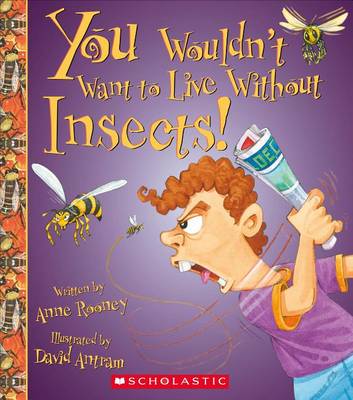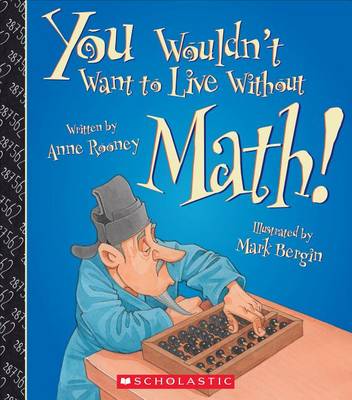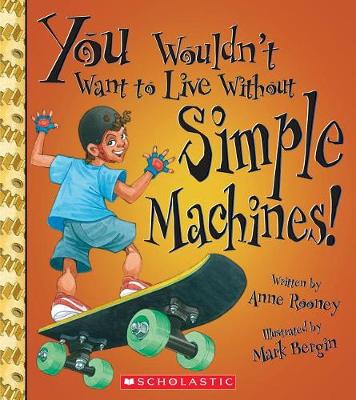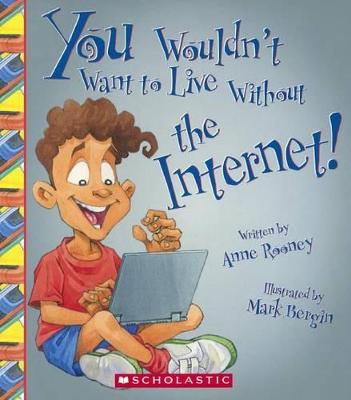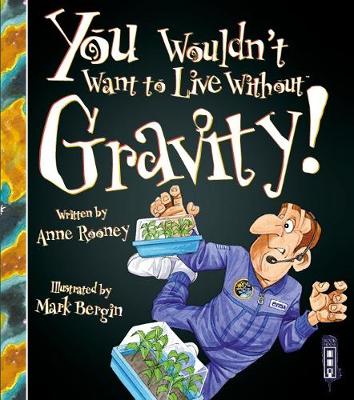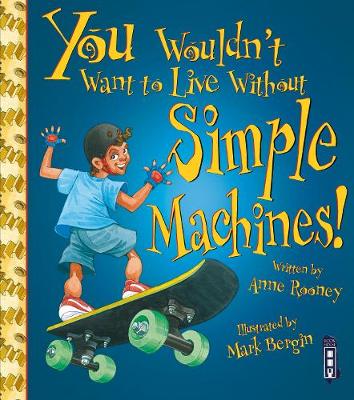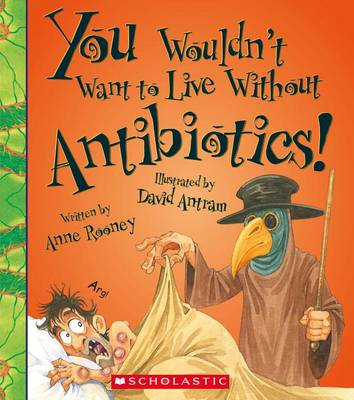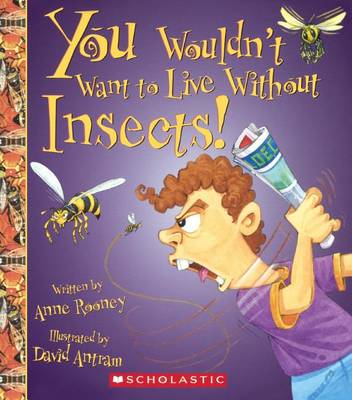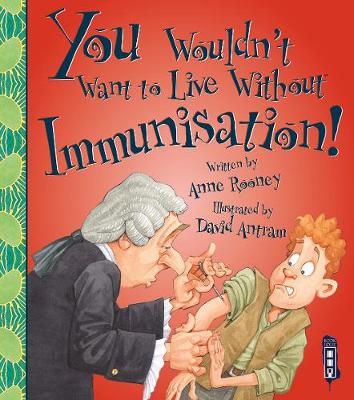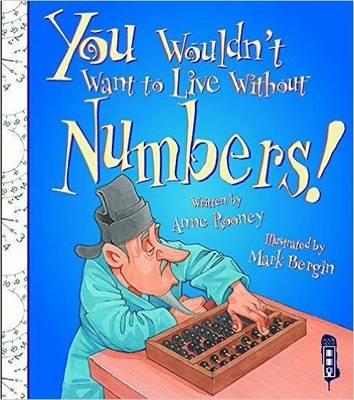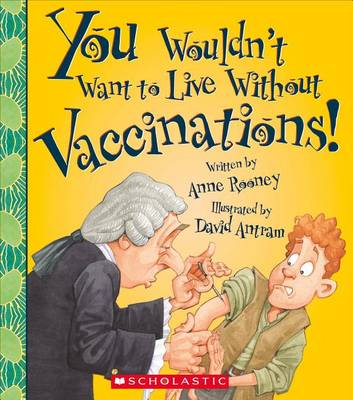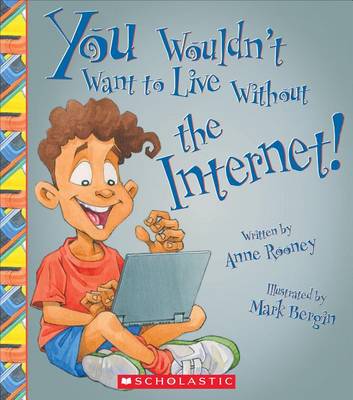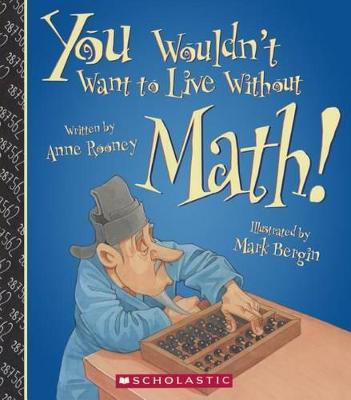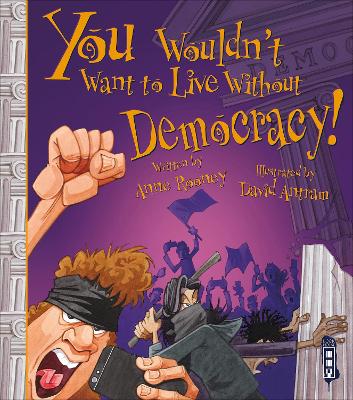You Wouldn't Want to Live Without...
15 total works
You Wouldn't Want to Live Without Gravity! (You Wouldn't Want to Live Without...) (Library Edition)
by Anne Rooney
You Wouldn't Want to Live Without Insects! (You Wouldn't Want to Live Without...)
by Anne Rooney
You Wouldn't Want to Live Without Math! (You Wouldn't Want to Live Without...) (Library Edition)
by Anne Rooney
You Wouldn't Want to Live Without Simple Machines! (You Wouldn't Want to Live Without...)
by Anne Rooney
Specially commissioned cartoon-style illustrations in full colour make these books attractive and accessible even to reluctant readers. Information is conveyed through captions, labels and humorous speech bubbles in addition to the main text. Illustrated sidebars headed `How It Works', `Top Tip' or `You Can Do It' supply more facts, describe simple, safe experiments, or steps that readers can take to help make the world a better place. Each volume includes a timeline and a list of `Did You Know?' facts.
You Wouldn't Want to Live Without Vaccinations! (You Wouldn't Want to Live Without...)
by Anne Rooney
This book combines facts and humorous cartoons to describe how vaccines were developed and how many lives were claimed by diphtheria and polio before vaccines were available.
You Wouldn't Want to Live Without the Internet! (You Wouldn't Want to Live Without...) (Library Edition)
by Anne Rooney
Specially commissioned cartoon-style illustrations in full colour make this book attractive and accessible even to reluctant readers. Information is conveyed through captions, labels, and humorous speech bubbles in addition to the main text. Illustrated sidebars headed 'How It Works', 'Top Tip' or 'You Can Do It' supply more facts, describe simple, safe experiments, or steps that readers can take to help make the world a better place. Each volume includes a timeline and a list of 'Did You Know?' facts.
